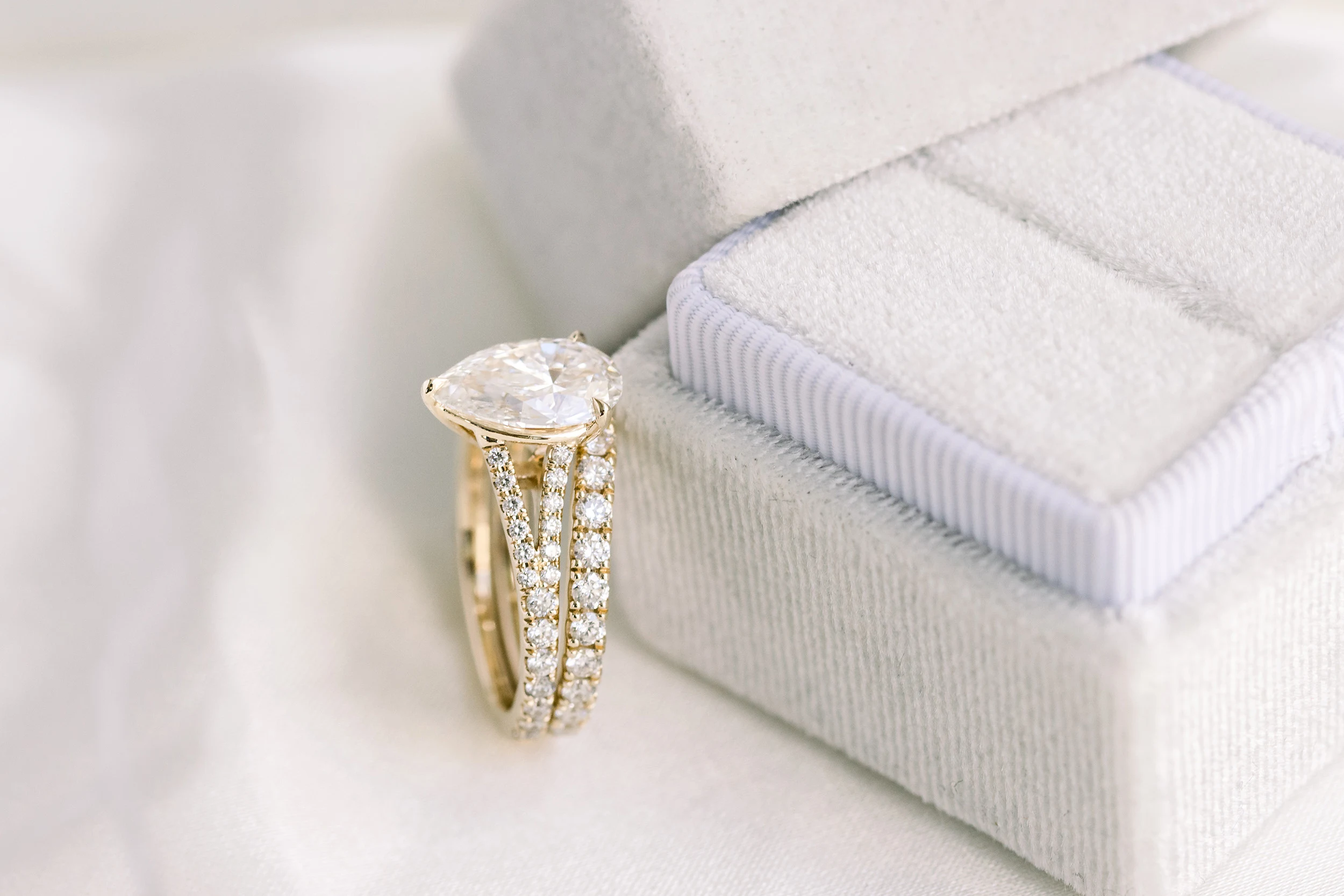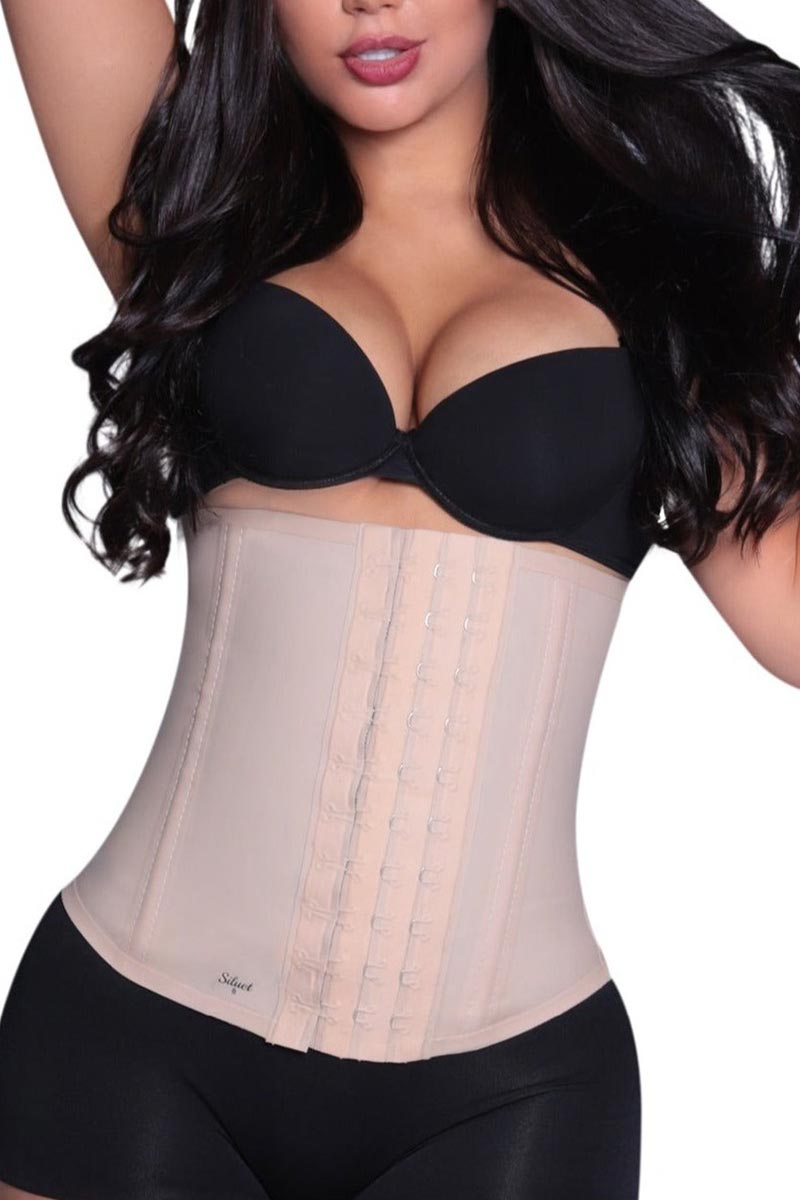Ranging from everyday hygiene products such as shampoo, toothpaste, soap and deodorant to luxury beauty items like makeup and perfumes, cosmetic products are now been regulated at European level to secure an internal market for the products and ensure consumer safety.

As a dominant cosmetics exporter and a world leader in the cosmetics industry, Europe flourishes well in the cosmetic sector which significantly contributes to its employment rate with high innovations. The involvement of the EU is mainly concerned with the regulatory framework for international trade relations, market access and regulatory convergence. While promoting the competitiveness and the innovation of this sector, all these are aimed at ensuring the highest level of consumer safety.
The EU ensures that the cosmetics market is safe regardless of the channels of distribution or manufacturing of cosmetic products that are placed. It is now then the responsibility of the manufacturer of the cosmetics Europe products to ensure that their products pass through an expert scientific safety assessment before they are finally sold to consumers.

To this end, new human testing methods have been developed by these cosmetic companies so as to ensure that neither humans nor animals get harmed by their products. Although animal-tested cosmetics can no longer be sold in Europe, however, cosmetic testing can still be performed on animals outside Europe and sold in other markets.
So, this portrays that many cosmetics companies can still benefit from cruelty to animals, only that this time, it is permitted to perform cosmetic testing outside the jurisdiction of the EU. The importance of this effect cannot be overemphasized as many upcoming markets are beginning to demand that cosmetics should be tested on animals such as China.
To this end, you as an end user, have got a role to play. You must ensure that you are not supporting animal testing indirectly by continuing to purchase cosmetic products strictly from companies that do not perform animal product testing.
Yet in Europe, some cosmetic ingredients may still be tested on animals despite the remarkable progress that has already been achieved. This practice is carried out under the world’s largest chemical testing programme known as REACH. To this end, it implies that animals will surely continue to suffer and even while they continue to be used in tests for cosmetics ingredients because the European Chemicals Agency (ECHA) and the European Commission (EC) are still insisting that the chemicals used in cosmetics should be tested regardless of the clear mandate from the international governments, as well as the public concerning this issue.
Ever since, the use of animals to perform cosmetic testing together with their ingredients was utterly banned in the EU, in March 2013, new methods of thinking about chemical safety and other implications have been pioneered in cosmetics Europe.












